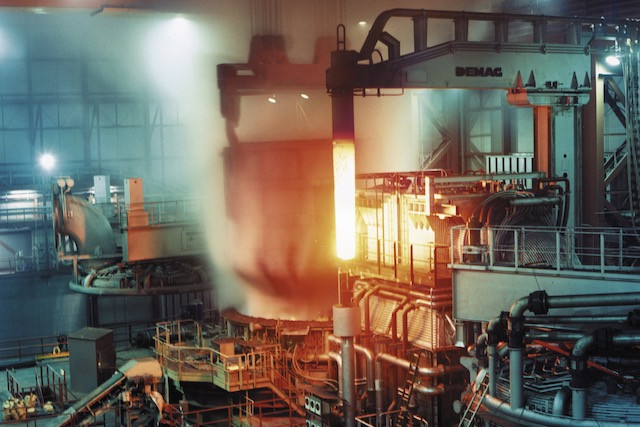ArcelorMittal reported Ebitda, a measure of net income, of $2.1bn for the second quarter and $4.3bn for the first half of 2017. That is a gain of 61% over the first six months of last year, the company said on 27 July.
The firm posted net income of $1.3bn for the second quarter and $2.3bn for the first half of the year, compared to $696m in January-July 2016.
In the second quarter of 2017, ArcelorMittal shipped 2% less steel than the same period in 2016. From January-June 2017, it shipped 1.2% less steel than the first six months of 2016.
At the same time, net debt decreased from $12.1bn to $11.9bn during the second quarter of 2017.
It announced earnings per share of $1.30, compared to $1.13 for the second quarter of 2016.
Lakshmi N. Mittal, chairman and CEO of ArcelorMittal, stated in the company’s press release:
“We have materially improved our financial performance in the first half of 2017, and continue to make important progress on our Action 2020 plan. The recently announced acquisition of Ilva represents a unique opportunity to create value for our shareholders. Looking ahead demand remains strong in our core markets supporting robust order books and healthy levels of steel spreads. However, it remains a matter of concern that we are not able to capture the full benefits of this demand growth due to continued high levels of imports. We continue to work towards achieving a comprehensive trade solution in response to unfair imports.”
EU court: carbon case loss
The earnings announcement came one day after ArcelorMittal lost a carbon trading challenge before the European Court of Justice, the EU’s top court. It had contested how the EU issued CO2 emissions allowances to industrial firms. As Reuters reported on Wednesday:
“The court said it had found ‘nothing that could affect the validity of the (European) Commission’s decision’ in allocating free carbon allowances.”
Case C‑80/16 returns to a French court for final adjudication.
